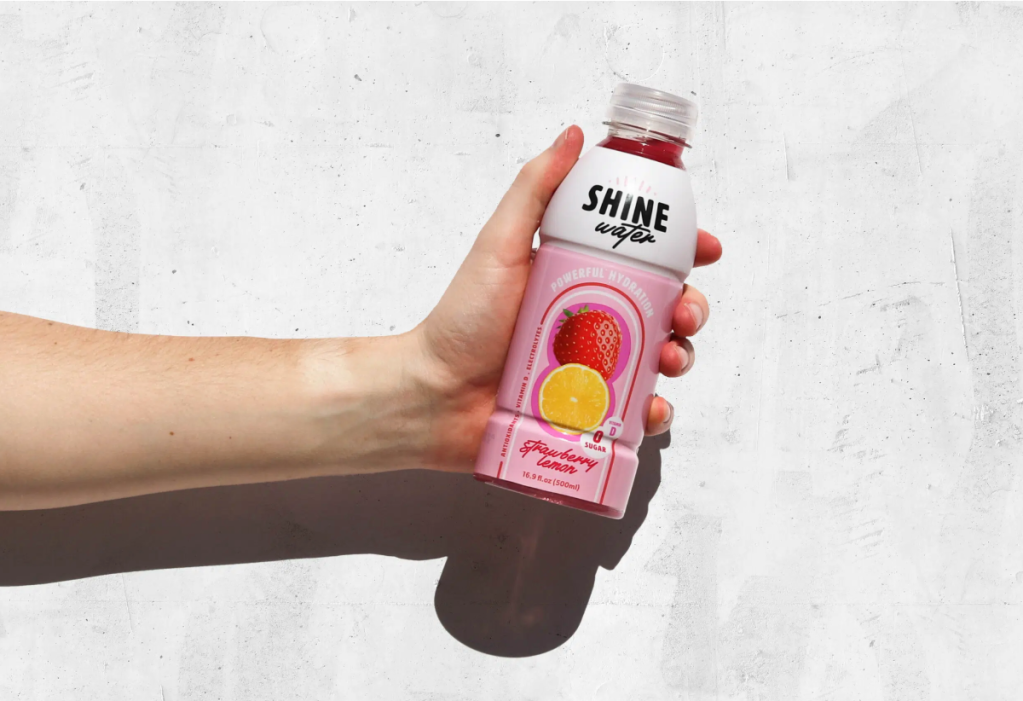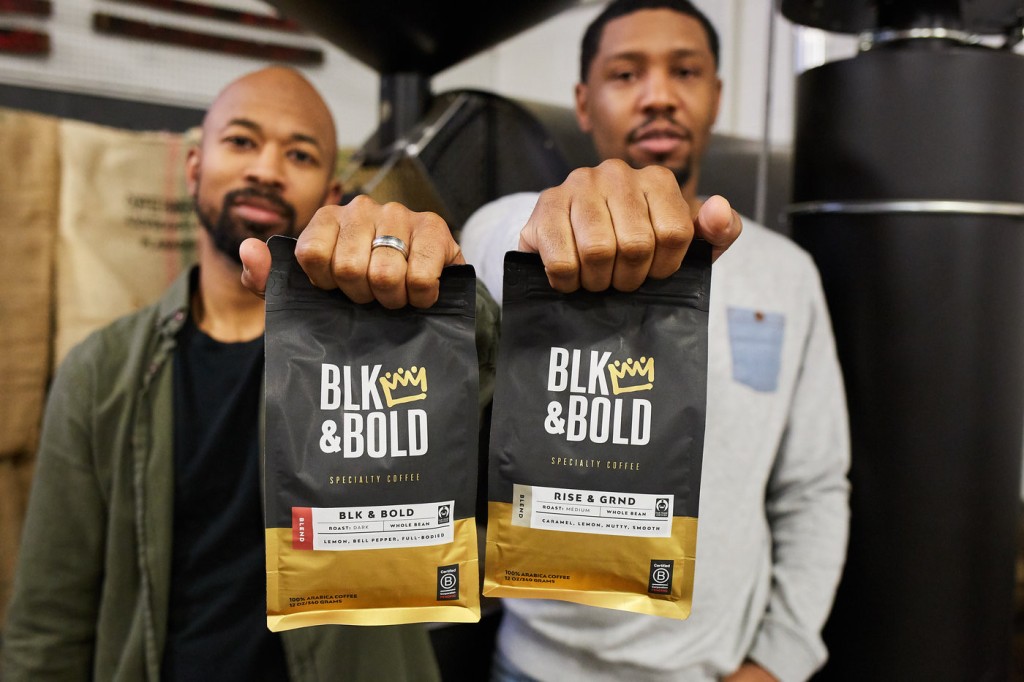The advancement of diversity, equity and inclusion is expanding around the world as businesses are recognizing the benefits of building a workplace where employees feel connected and engaged. Consequently, more and more organizations are including DEI initiatives in their business strategy. A recent Mercer report shows that 81% of organizations focus on improving diversity, equity and inclusion.
As part of DEI strategies, companies are taking a much closer look not only at their internal diversity efforts but also at the diversity of their supplier base.
According to U.S. census data, roughly 18% – or 1 million – businesses are owned and operated by minorities; women own an additional 20% (1.1 million). Strong markets must provide an arena for diverse business owners to participate, grow and prosper, thus stimulating continued business ownership growth within these historically disadvantaged communities.
Supplier diversity involves actively seeking and engaging with various suppliers, including businesses owned by underrepresented groups. It aims to promote equity, inclusion and economic growth by providing historically marginalized individuals and groups opportunities to participate in supply chains. For U.S.-based businesses, a diverse supplier is a U.S. business that is 51% owned, operated and controlled by one or more of the following persons: women, ethnic minority, U.S. service-disabled veteran, U.S. veteran, disabled, LGBTQ+ and certified by an approved third-party DE&I organization.
At Compass Group, we recognized the importance of supplier diversity early on and have continued to develop programs through strategic partnerships and our fully-owned group purchasing organization (GPO), Foodbuy, to fulfill our commitment and our clients’ commitments to supplier diversity. Our supplier diversity team integrates diverse suppliers in all our strategic procurement plans and increases our percentage of diverse spending year over year. We strive for a supplier base that represents the customers we serve and to engage these customers to raise awareness of these talented suppliers.
Identifying MWBE suppliers

We take several steps to increase diverse suppliers in local markets actively. Working with the local chapters of the National Minority Supplier Development Council, Women’s Business Enterprise National Council, National LGBT Chamber of Commerce, and U.S. Pan Asian American Chamber helps us identify local partners for our clients’ specific needs.
While there are many suppliers in the marketplace today, our goal is to continue expanding our network of diverse suppliers with access to our purchasing network. To help us accomplish this, Foodbuy launched the Diverse Supplier Accelerator Program in 2021 as part of an effort to invest time and resources to assist the growth of diverse suppliers. This comprehensive initiative focuses on ten women- and minority-owned businesses each year that we train, provide industry knowledge through education sessions, make connections and give tools to navigate the large GPO world. Suppliers selected to participate in the accelerator program are assigned a dedicated mentor who serves as the supplier’s primary point of contact throughout the program.
Providing access to diverse suppliers

While we are actively working at the corporate level to bring in new MWBE and diverse local suppliers, we know that we must make it easy for our local account teams to quickly identify these vendors. Diverse suppliers are flagged in the ordering system so our managers and chefs can filter and select appropriate products from a complete catalog of national, regional and local providers. We also provide our teams with monthly marketing communications highlighting new products and vendors available to enhance the culinary and retail programs. Because the items are tracked within the ordering system, we can provide account-level reporting and dashboards that help our teams calculate the level of diversity spend; these reports can also be shared with our clients when there is a need to track and report diversity spend levels.
DEI storytelling

Supporting MWBE suppliers can have a significant impact on a person, business and community, so it’s essential to be able to share those stories with our guests and customers. People like to know where their food comes from and feel more satisfied and engaged when there is a connection to their food. Our marketing team works closely with vendor partners to capture each of their stories. These stories are regularly displayed throughout our cafes through electronic screens and story cards with QR codes for guests to read and enjoy.
Apron Exchange is another program that provides an on-site location podium for small, local, woman- and minority-held businesses to sell handcrafted items like soaps, candles, pottery and packaged food to guests in our cafes. Curated stations highlight the products and stories, and we work with each vendor to promote the event through social media marketing and interactive customer samplings. This community-first concept was founded by Foodworks, a division of Compass Group, in 2018 and continues to empower entrepreneurs across the country. All proceeds from the Apron Exchange program go directly back to our partners.
Improving business with supplier diversity
Supplier diversity is a best practice that ensures the supply chain reflects the people we serve and the type of offerings our consumers want. Supporting diverse suppliers has a host of positive impacts for underserved communities. Compass Group understands this and continuously develops programs and processes to expand our diverse suppliers, helping them grow their businesses.
Interested in learning how we can help your company diversify your suppliers? Let’s talk about it.

